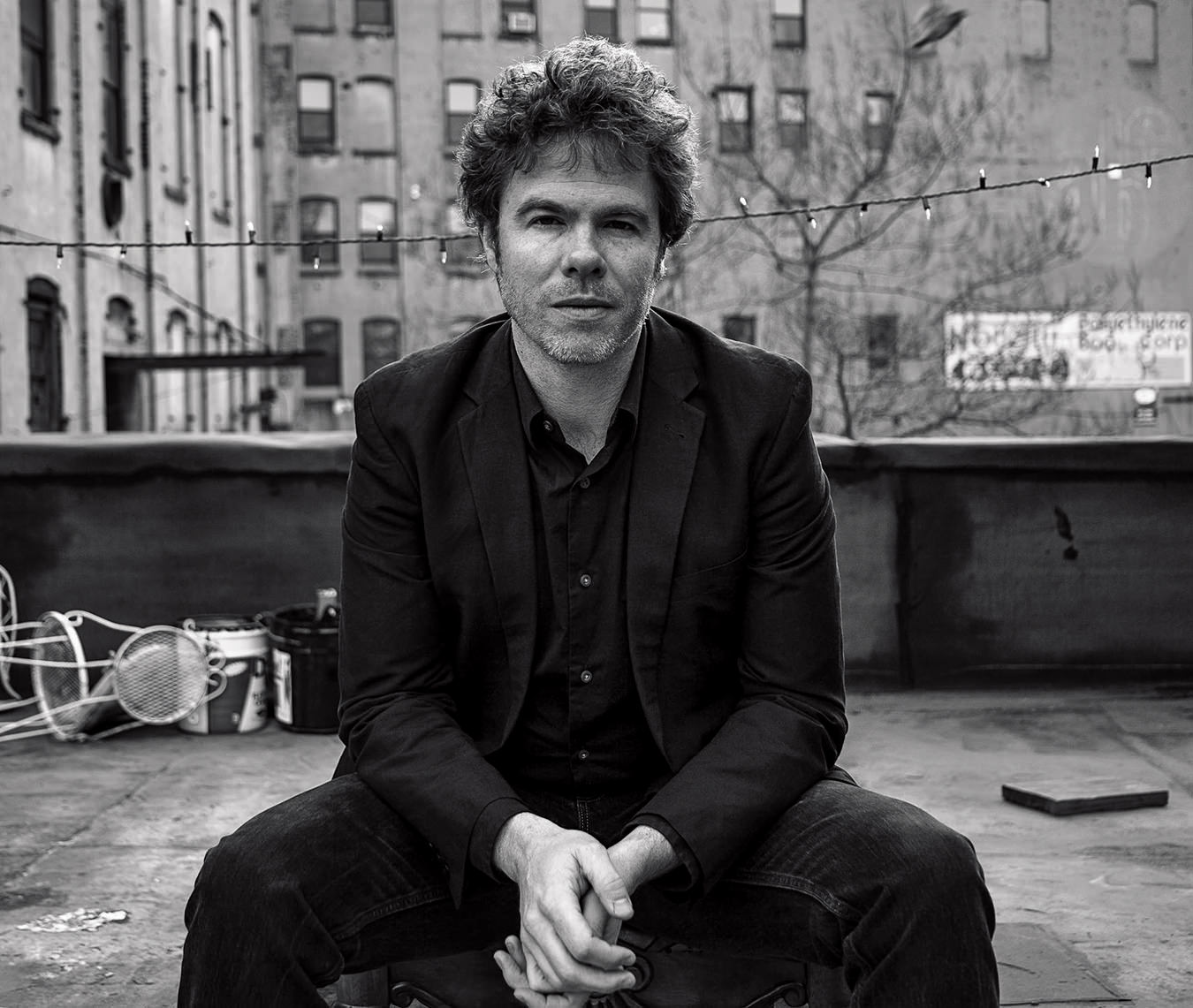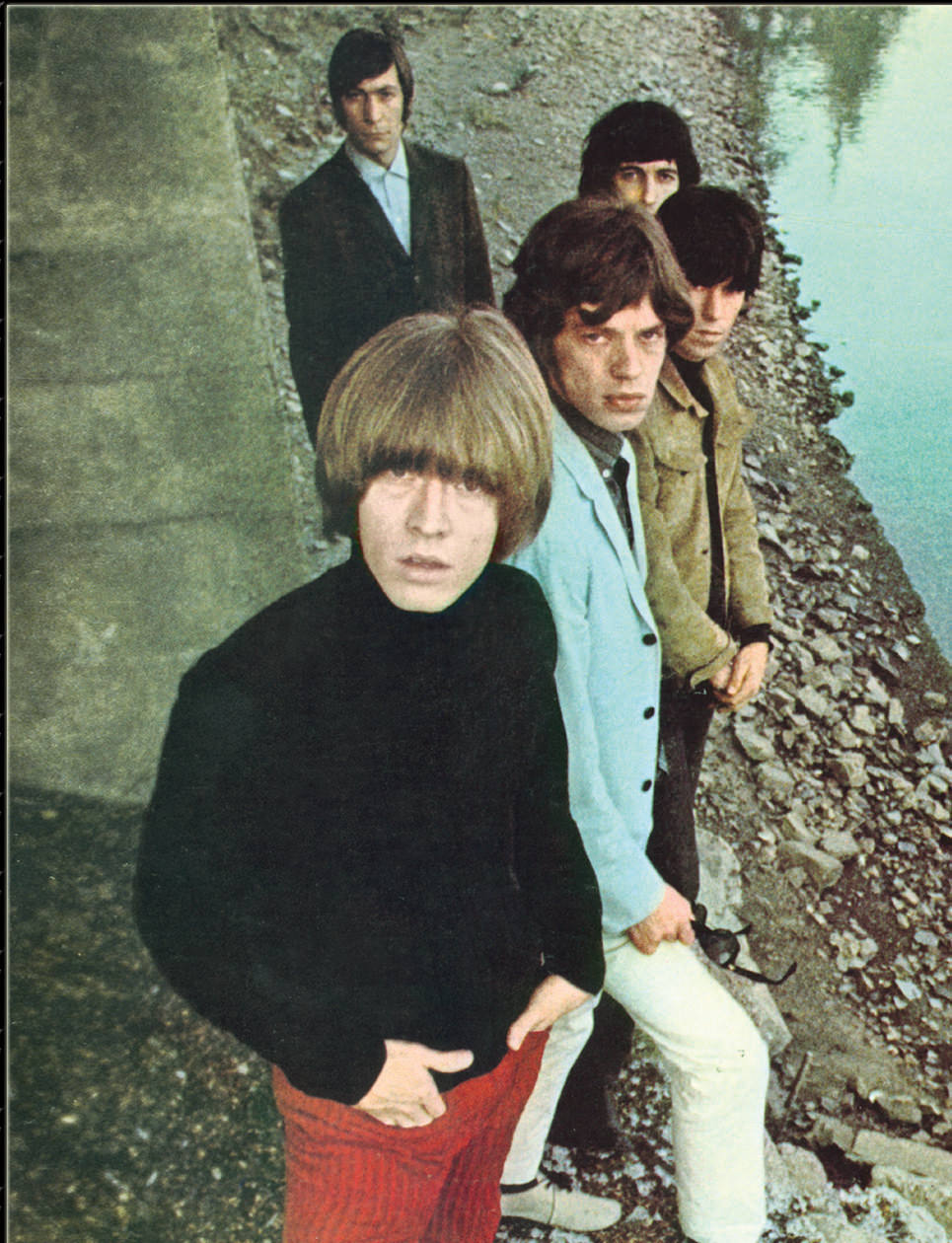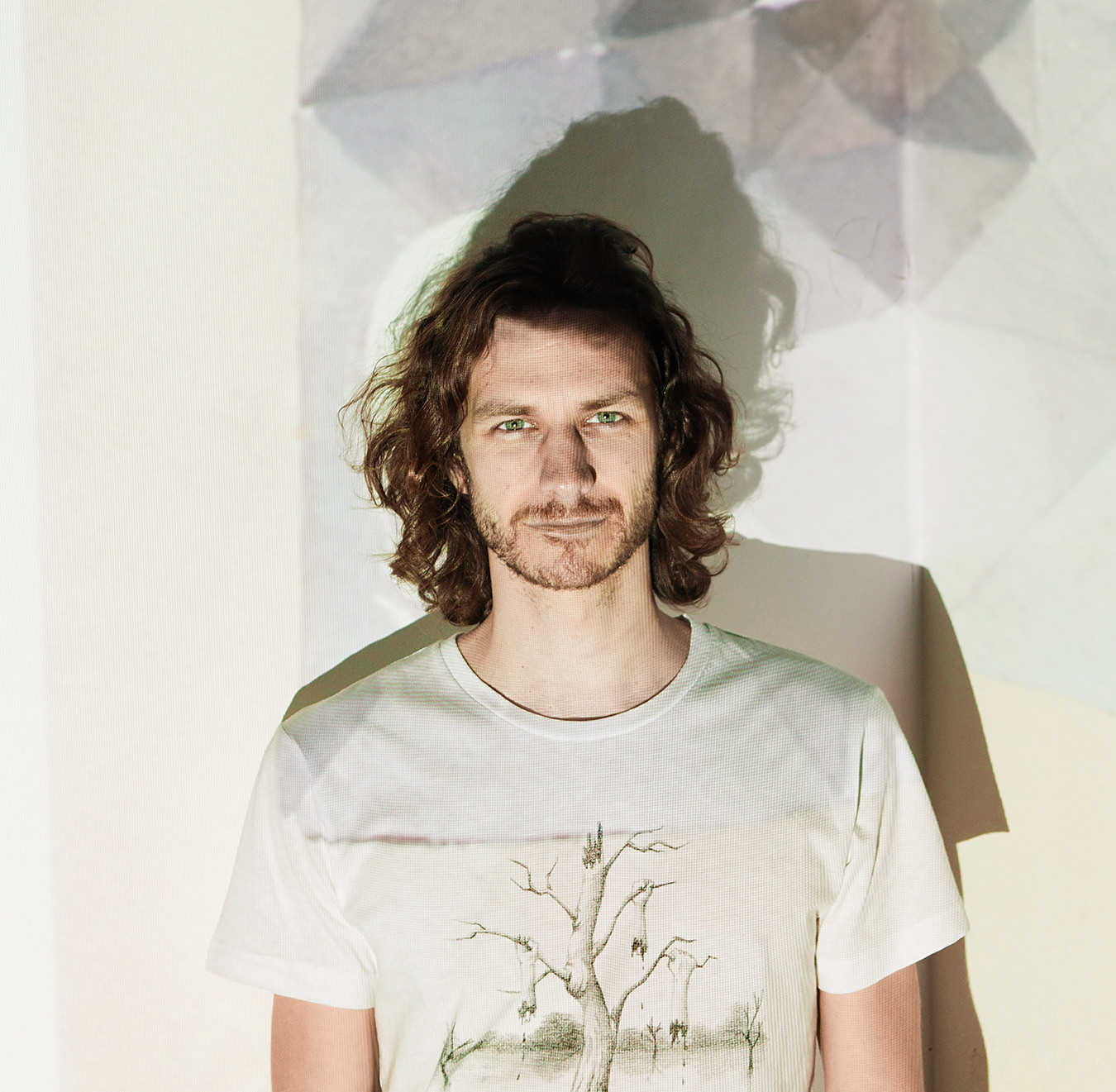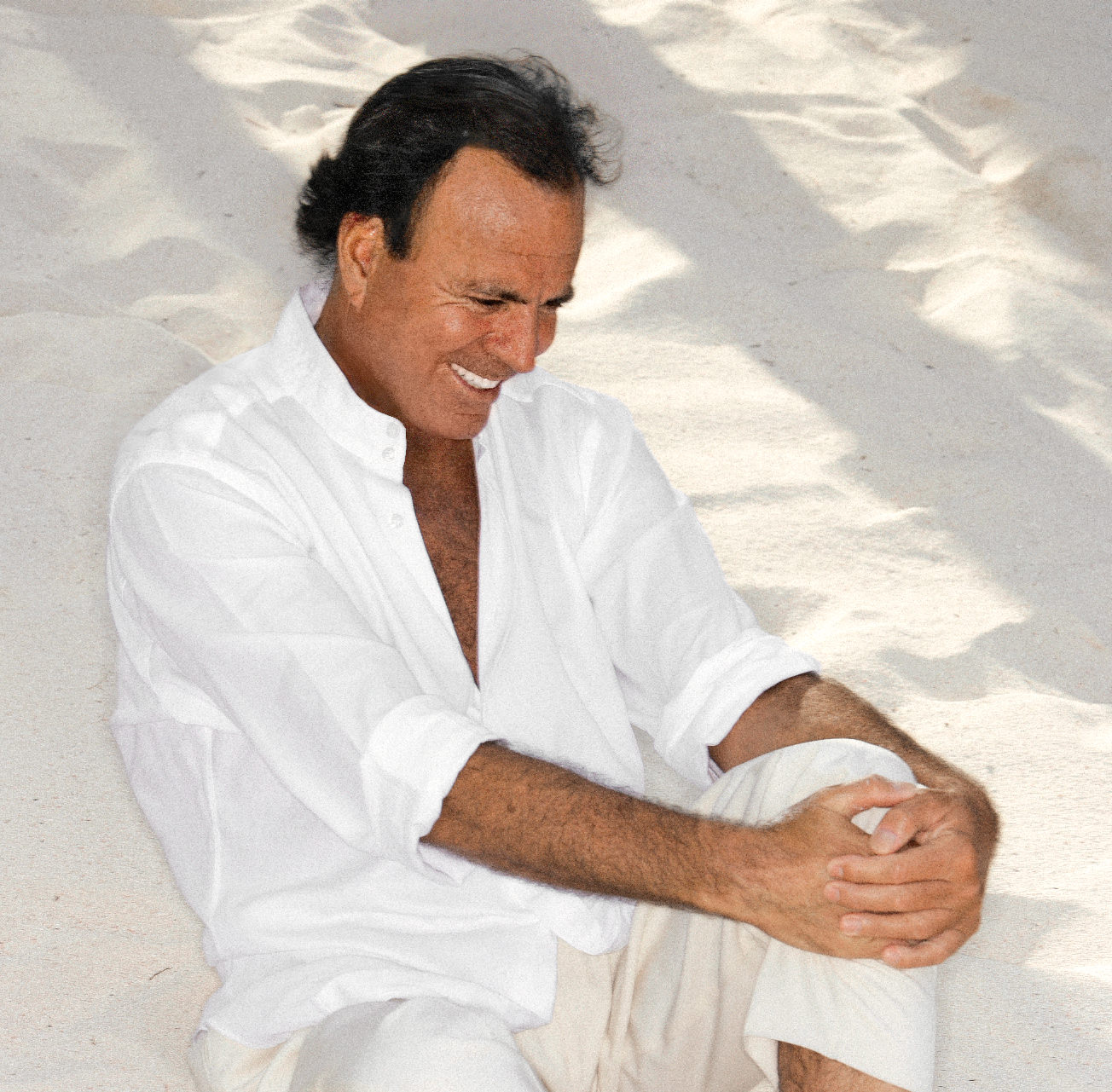Laila Biali’s Moving Music and Wintersongs
The Canadian jazz singer and pianist is set to release her new album on November 1.

Laila Biali didn’t expect what happened in Banff. The Alberta town has long been a muse for the Vancouver-born vocalist, pianist, and composer—she’s enjoyed many residencies at the Banff Centre for Arts and Creativity, a place that’s offered a consistent source of inspiration. Biali has been there in all kinds of weather before, too, and always enjoyed fall the most. Then, three years ago, she spent two weeks in the snow-capped mountains for an intensive writing retreat. The experience affected her so deeply that she wrote what became Wintersongs, her new album of music inspired by the season, out November 1.
Biali already had a project in mind when she first arrived at her little writing hut in the woods. But as she sat down at the piano and looked out the window at her surroundings, something else poured out. Vivid strings, no lyrics, only vocalizations of “oohs,” until the final stretch. It was “Drifting Down Ice,” the opening track to Wintersongs. “It was almost like I was writing a soundtrack to what I was looking out on,” Biali tells NUVO.
As the days passed, Biali settled into rituals: waking up sometimes as early as 3 a.m., a morning meditation, breakfast at the banquet hall while still dark. She’d head back to her hut and watch the sun slowly rise from behind the tall mountains. Then she’d write for a while, pull on her spiked boots, and go out for a walk, feeling the bite of the elements on her face. “Especially when I was walking, I would find the creative ideas begin to sort of steep,” Biali says. “And often, some of the most profound creative moments happened away from the piano, when I was out in nature. It was just this wonderful cycle.”
In Banff, her time was completely hers. While still, of course, checking in on her son back home in Toronto, she could trust her husband and co-producer, Ben Wittman, was tending to his needs. And the Banff Centre, with the way it provides for the artist and supports the writing process, made for, as Biali describes it, such a luxurious flow—a true retreat. She carried that sense of comfort with her as she hiked through the treacherous landscape. “I was out in minus-26-degree weather, with blizzards, and I just discovered that, with the right gear, I could go out into the thick of a storm and somehow feel held,” she continues. “And I was like, ‘Wow—I think I may have just fallen in love with winter.’”

Biali knew immediately, from the first notes of “Drifting Down Ice,” that Wintersongs was going to be a string and chamber album. She’d done a few pieces of music with string quartet in the past but never made an album that fully leaned into the arrangements. Her last release, 2023’s Your Requests, reimagined standards from the Great American Songbook. It was nominated for a Juno Award—an honour the host of CBC Music’s Saturday Night Jazz has received before, including for Tracing Light (2011) and Out of Dust (2020). Her self-titled effort won Vocal Jazz Album of the Year in 2019. From classic to pop, each release has highlighted a different side of Biali’s talent, showing her virtuosity and versatility as an artist, a testament to why she was named SOCAN Composer of the Year at Canada’s National Jazz Awards and received the Hagood Hardy Award for Excellence in Songwriting.
Each track on Wintersongs feels both distinct and cohesive. Biali’s experience in Banff was one of contrasts—the harsh and soft beauty of her surroundings, the flow in the stillness—and she sought to represent that in the music. Where “Outside” is cinematic, “Keep on Moving” is punchy. Saxophone gives a sensuality to “Dance of the Pines,” while the flute on “Rocky Mountain Lullaby” offers gentleness.
___
“I try to as much as possible not get in the way of the music or the muse in that, while I am intellectually engaged in the decisions around form, harmony, melody, lyrics,” Biali explains, “there’s also, I feel to some degree, a bit of a channelling that happens, where you try to just be open to where the song is directing creative decisions.”
Another thing Biali knew for sure was that she wanted some specific collaborators. First, the Venuti String Quartet, under the arrangement of Drew Jurecka. “He added dimension and depth and range to the music that I simply could not have, myself,” Biali says. “And to me, that makes the journey from one song to the next even more interesting.”

She had also been looking for a chance to collaborate with legendary orchestrator Rob Mathes, whose approach to the songs “Rocky Mountain Lullaby,” “Outside,” and “Snow” contrasted beautifully with what Jurecka brought to the rest, adding to the record’s overall dynamism. Biali has known Mathes, who has arranged for everyone from Sade to Pavarotti, since she was living in New York in the mid-aughts and first dating Wittman, who was then working with Mathes. The first time Biali heard Mathes feels like kismet now. “I was visiting Ben at his apartment in Brooklyn, and he played me an album of Rob’s that you can’t find anywhere,” she recalls with a smile. “It’s actually a Christmas project, and it’s called As I Came Over the Hill. It features strings but also a chorus. And it was a spiritual experience, listening to his music. From that moment, I felt like I had found a musical soulmate of sorts.”
There’s an endless range of sonic offerings and interpretations of winter and the holidays, but there is something about the warmth and grandeur of the orchestra that captures the season so profoundly. “Maybe it’s the community element,” Biali considers. “Maybe it’s that, you know, when you gather together a bunch of people, whether it’s singers or instrumentalists or both, there’s a feeling of sharing in something together.”
That feeling of togetherness also translates into a reminder for Biali of what winter represents as a metaphor in life’s bigger picture. “I’ve learned—and I think Wintersongs helped me connect with this—how to embrace the gift that actually comes during winter, and from winter alone,” she says.
“That winter is actually not something to fear. I think that there is a beauty to be found in the cold, in what sometimes might feel like barrenness or harshness. We grow through it. And I think it’s a more meditative and reflective time, and that can lead to amazing harvest in the months that follow. I’ve really learned to appreciate winter for the season that it is in our lives.”




